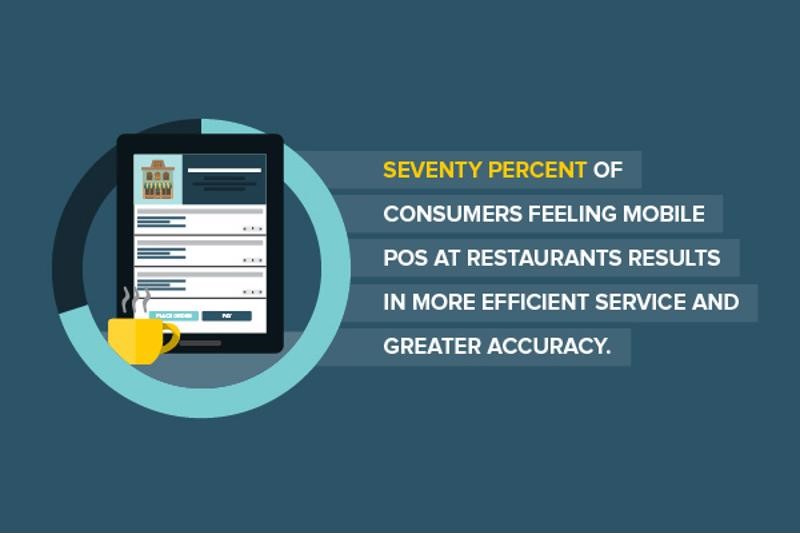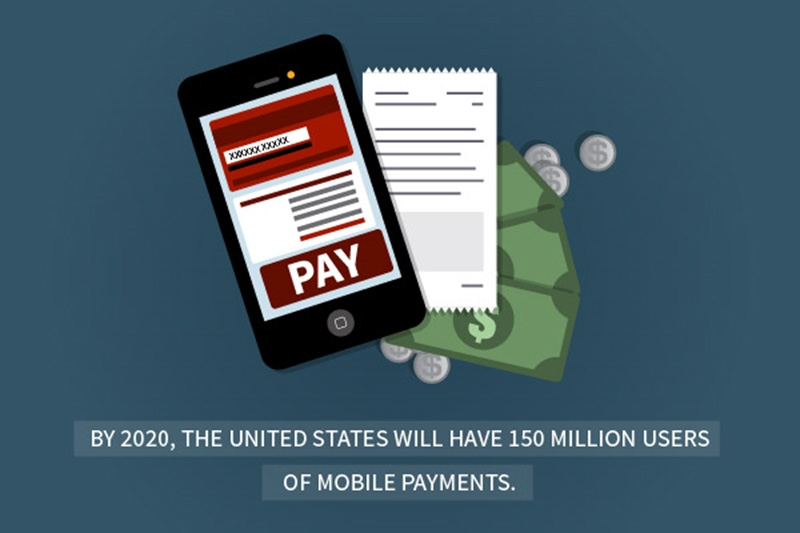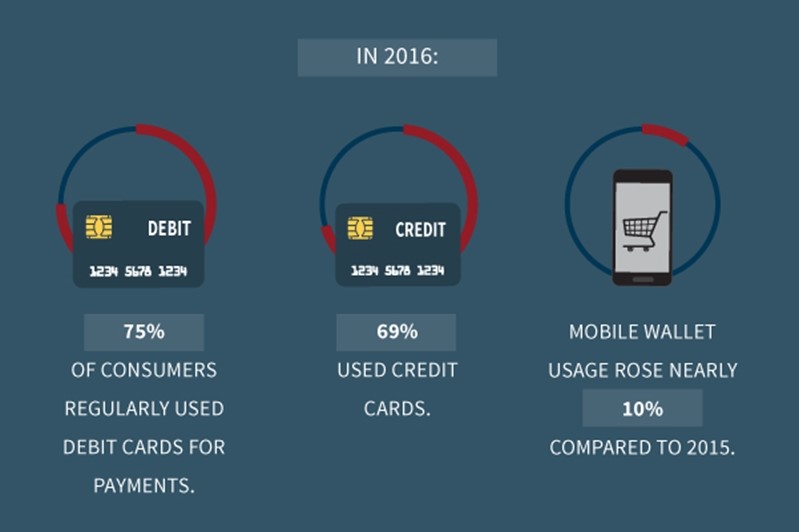Cash may be king, but it’s also very costly for businesses.
Recently, we’ve seen Atlanta’s Mercedes-Benz Stadium announce plans to go cashless due to the costs of working with cash, such as reconciliation and physical cash drawers. Instead of accepting cash, Mercedes-Benz Stadium plans to accept credit and debit cards exclusively.
Businesses can accept cashless payment in a variety of ways. Different merchants have varying requirements based on the particular industry in which they reside. Countertop, mobile point of sale, omnichannel/ecommerce, unattended, and contactless payments represent just a few integrated payments options that modern merchants can employ to better engage their customer-base. But first, let’s talk about what we mean by “integrated payments”.

What are integrated payments?
In the past, accepting credit/debit cards meant contacting your bank for a stand-beside payment terminal that arrived pre-configured for a specific merchant services provider. Credit/debit card sales were manually entered by the cashier and receipts were saved for manual reconciliation with the cash register or Point of Sale app at the end of the day. This process added time for reconciliation, potential for entry-error and increased opportunities for employee fraud.
The solution is to implement an integrated payments application that’s fully integrated into the Point of Sale application so that payments, end of day reconciliation procedures, reporting, and fraud prevention are all automated pieces of the same overall solution. Of course, this level of integration also allows for an omnichannel payments experience for cardholders across a variety of channels.
So, what types of businesses should use integrated payments? The simple answer: every business that accepts electronic payments. Regardless of vertical market, industry, level of sophistication and tech savviness, an integrated payments platform can and will improve the business processes of any merchant while reducing labor costs and creating new ways to engage with customers.
Why should you use integrated payments?
Streamlined End-of-Day operations
Integrated payments save business owners time and money. Instead of having to manually reconcile their invoices at the end of the day with printed receipts from a bank-issued stand-beside terminal or another system, integrated payments handle all of these processes automatically. This saves business owners or their employees from having to devote time to keep a physical log of credit card transactions and of course mitigates the human error/fraud factor.
Integrated payments also allow businesses to generate comprehensive reports through a unified system rather than relying on or combining reports from separate systems. Improved reporting allows business owners to better forecast sales, improve marketing efforts, and simplify their tax preparations at the end of the year.
Increased efficiency and value-added services
 greenbox Robotics unattended kiosks at Erba Collective in Los Angeles.
greenbox Robotics unattended kiosks at Erba Collective in Los Angeles.
In addition to saving time on sales reconciliation, integrated payments solutions open the door for point of sale systems to increase efficiency for businesses in other areas. With integrated payments, businesses can create an omnichannel payments experience by offering a wide variety of mobile, ecommerce, attended and/or unattended payment solutions that work seamlessly together.
For example, Erba Collective, a dispensary in California, turned to greenbox robotics to add intelligent cannabis and CBD vending machines utilizing integrated payments. Jay Handal, manager at Erba Collective, said machines like this have made his business flourish. Erba Collective is a high demand business, but they’re limited to nine parking spaces and serve at least 700 people each day. Using greenbox’s smart cannabis vending machines have cut the average wait time from 30 minutes per customer down to two minutes, allowing Erba to provide a better and faster customer experience for a substantial portion of their customer base.
Integrated payments can also enable businesses to take advantage of value-added services (VAS) such as gift, loyalty, customer surveying and many other third party applications. This allows business owners to add new functionality to their Point of Sale via their favorite business-specific apps while streamlining associated management and processes.
Reduce potential for fraud
Security breaches have become frighteningly common, with credit card, debit and Social Security numbers as the most highly targeted sources of personal information, according to the Identity Theft Resource Center. Integrated payment solutions can use a combination of tokenization, end-to-end encryption and/or PCI-Validated point-to-point encryption to secure credit card data and prevent it from being stolen. Most integrated payments solutions are PA-DSS (Payment Application Data Security Standard) certified which means that they meet the Payment Card Industry Security Standards Council’s requirements for credit and debit card acceptance.
Regardless of reasoning, integrated payments are the new normal and are being employed by merchants of all shapes and sizes. If you’re currently using an antiquated payments solution, consider a Point of Sale offering with a modernized payments approach that will not only make your life easier, but open new opportunities to engage your current and prospective customers.
Let’s talk payments!
Related Articles:
Featured

Cash may be king, but it’s also very costly for businesses. Could integrated payments make sense for your business?

New processing solution from Datacap Systems and EVO Payments simplifies and accelerates EMV migration via ID TECH hardware

Cash may be king, but there’s some question as to whether its reign is coming to an end.

Here are five key terms that can help you as a business owner expand your integrated payments lexicon.

An integrated payment solution in essence lets retailers take care of all the backend work accompanying a transaction in one fell swoop.

Omnichannel marketing is a strategy retailers, to varying degrees of success, are using to improve the customer buying experience.

Integrated payments can yield serious dividends for business owners in a variety of industries. Here are 5 ways integrated payments help businesses thrive.
While payment integration technology makes it cost-effective for restaurants to deliver pay-at-the-table services, will such merchants generate a return on investment after doing so? Short answer: yes.

Three major standards changes are hitting the POS industry this year. How can POS developers and resellers prepare for them?

What if customers could use their smartphones to connect directly to merchant POS systems to pay for goods and meals? How would you set this up?



